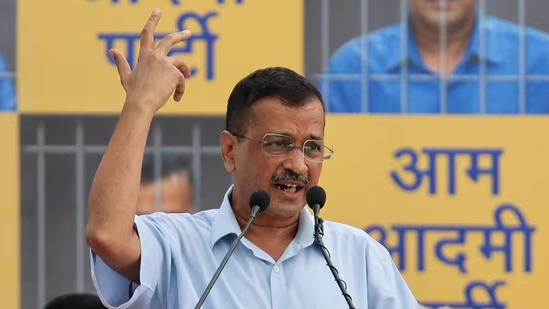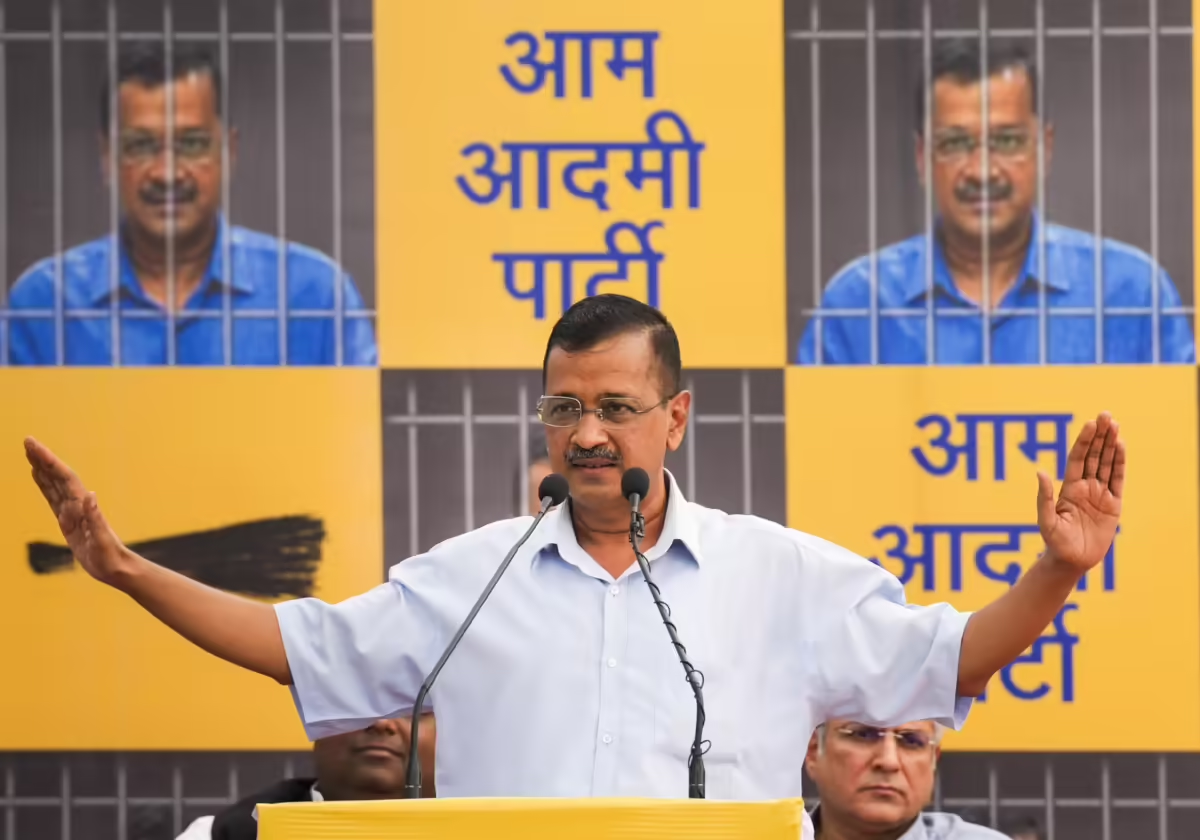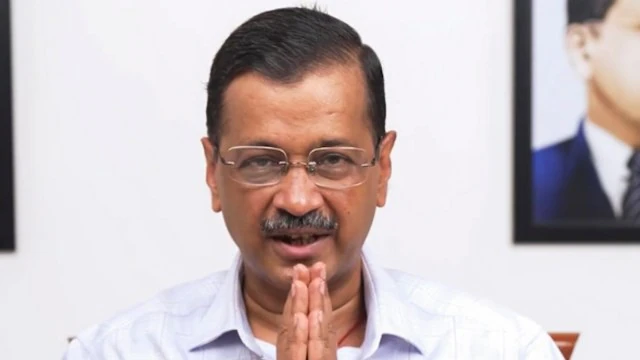In a significant legal development, Delhi Chief Minister Arvind Kejriwal has presented a robust argument in his bail plea, asserting that no financial evidence has been found linking him to any alleged corruption or financial misconduct. This claim forms the cornerstone of his defense as he seeks to clear his name and secure bail in a high-profile case that has attracted considerable public and media attention.

Background of the Case
Arvind Kejriwal, a prominent figure in Indian politics and the leader of the Aam Aadmi Party (AAP), has been under scrutiny in connection with allegations of financial irregularities. The charges, which have been hotly contested by Kejriwal and his supporters, suggest involvement in corrupt practices and misuse of public funds. The legal proceedings have been ongoing for several months, with various twists and turns capturing the attention of the nation.
The Core of the Argument
In his bail application, Kejriwal’s legal team has meticulously outlined the absence of any concrete evidence of financial transactions that could implicate him. The defense has highlighted the following key points:
- No Direct Financial Linkage: Kejriwal’s lawyers argue that despite extensive investigations, authorities have failed to uncover any direct money trail that connects him to the alleged crimes. This lack of financial linkage is presented as a crucial indicator of his non-involvement.
- Transparency in Financial Affairs: The plea emphasizes Kejriwal’s commitment to transparency and integrity in public office. It points to his well-documented efforts to maintain clean and transparent financial records, both personally and within the administration he leads.
- Political Vendetta: Kejriwal’s defense also suggests that the charges may be politically motivated. They argue that as a vocal critic of the central government and other political adversaries, Kejriwal has been targeted unfairly. This perspective is bolstered by statements from various political analysts and supporters who view the case as an attempt to undermine his political standing.

Legal and Political Implications
The outcome of this bail plea is poised to have significant repercussions, both legally and politically.
Legal Perspective
From a legal standpoint, the absence of a money trail weakens the prosecution’s case against Kejriwal. In corruption cases, establishing a financial connection is often crucial for proving guilt. Without such evidence, the charges may appear less substantiated, potentially leading to a favorable ruling for Kejriwal.
Additionally, the case brings to light broader issues within the judicial process, particularly in high-profile cases involving political figures. It raises questions about the standard of evidence required and the potential for misuse of legal mechanisms for political ends.
Political Perspective
Politically, the case has already had a considerable impact on Kejriwal’s career and the image of the Aam Aadmi Party. A positive outcome in the bail plea could serve to vindicate Kejriwal, reinforcing his stance as a crusader against corruption and a victim of political persecution. This could potentially strengthen his position and that of his party in future elections and political endeavors.
Conversely, any adverse ruling could damage his reputation and provide ammunition to his political rivals. It could also influence public perception, swaying voter confidence either in favor of or against the AAP, depending on the developments in the case.
Reactions from Supporters and Critics
The case has elicited a wide range of reactions. Kejriwal’s supporters, including prominent members of the Aam Aadmi Party, have rallied behind him, emphasizing his track record of fighting corruption and promoting good governance. They echo the sentiment that the charges are baseless and politically driven.
Critics, on the other hand, argue that the legal process should take its course and that no individual, regardless of their political stature, should be above the law. They call for a thorough investigation and assert that if there is evidence of wrongdoing, it should be addressed appropriately.

Conclusion
As the court deliberates on Arvind Kejriwal’s bail plea, the spotlight remains firmly on the intricate interplay between law and politics in India. The Chief Minister’s assertion of no financial evidence against him forms a pivotal part of his defense, potentially shaping the outcome of the case and his political future. Regardless of the final ruling, the case underscores the challenges and complexities faced by public figures navigating the legal and political arenas.
The coming days will be crucial in determining not only Kejriwal’s fate but also setting a precedent for how similar cases might be handled in the future. Observers, supporters, and critics alike await the court’s decision with bated breath, recognizing its potential to influence the broader narrative of integrity, accountability, and justice in Indian politics.




1 Comment
Pingback: Arvind Kejriwal granted bail; ED to challenge the order in High Court amidst contentious legal battle. - INPAC Times